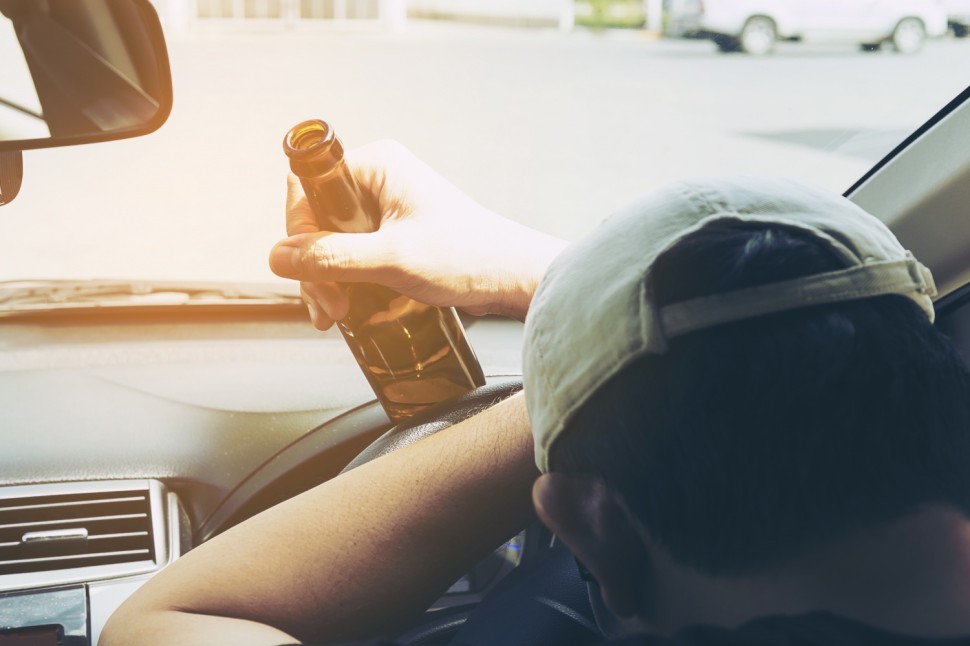It was a significant moment on September 10, 1910, when the first drunk driving laws templated a change in public safety measures. So, "When did drinking and driving become illegal?" Predominantly, the moment was christened by the state of New York, with California trailing closely. This legal stride merely sought to criminalize driving under alcoholic influence, allowing law enforcement to judge intoxication levels.

The Shifting Landscape of Drunk Driving Laws
Sending ripples through the panoramic history of drunk driving laws is the shocking fact that in certain states, this danger was legally unfettered till 1985. A Los Angeles Times report reveals the possibility of driving intoxicated across 3700 miles, stretching from Key West, Florida to the Idaho-Canadian border.
However, the winds of change had already started swaying. Sparked by an egregious personal tragedy, Candy Lightner's relentless efforts steered this revolution. Beginning with the formation of Mothers Against Drunk Driving (MADD) in 1980, Lightner embarked on a mission of curtailing drunk driving by lobbying for stringent laws.
Her efforts manifested into tangible changes by 1984 with the National Minimum Drinking Age Act's successful passage. This move necessitated all states to enforce a legal drinking age of 21, firming the ground against underage driving under intoxication. Concurrently, MADD unfurled the "Tie One On For Safety" initiative to drive public sensibilities against drunk driving.
Building on the foundational question "When did drinking and driving become illegal?" - Florida banished its legal allowance of drunk driving in 1986. Consequently, the state observed lessened casualties attributed to alcohol-impaired driving, a substantial testimony to MADD's efforts.
Drunk Driving Laws Across States
It was not until 1988 that all 50 states legalistically united against drunk driving, spurred by the National Minimum Drinking Age Act. This collective accord stipulated a tolerable blood alcohol concentration (BAC) level of 0.08 percent. Seizing the baton for change was Utah, lowering the BAC limit further to 0.05 percent in 2018 - incidentally, catalyzing a substantial 20 percent drop in drink-driving accidents and deaths.
The question, "Is drunk driving a felony?" oscillates based on state law intricacies and the gravity of the consequent accident. Prevailing conditions such as severe injuries, fatalities, or recurrences of driving under the influence (DUI)-can escalate DUI to a felony.
Future View and Necessity of Expert Legal Help
Despite significant strides, current data underscores the still-prevalent need for sober driving. A CDC report reveals that 2020 witnessed a rise of 14 percent in fatalities from alcohol-related traffic accidents-resulting in an average of one life lost every 45 minutes.
However, repercussions await those accountable for these catastrophic accidents, especially when they incur severe injuries for their victims. Knowing your rights is vital; survivors' entitlement to compensation extends beyond evident horizons.
This is where the expertise of experienced lawyers plays an instrumental role. They can help pathfinder you through the complexity of laws, evaluating the breadth of your injuries and guiding you towards a comprehensive claim. So whether you've been a victim of drunk driving or seen a loved one suffer, reach out to legal experts without reservation. The course to justice doesn't need to be a solitary journey; seek legal help today.




